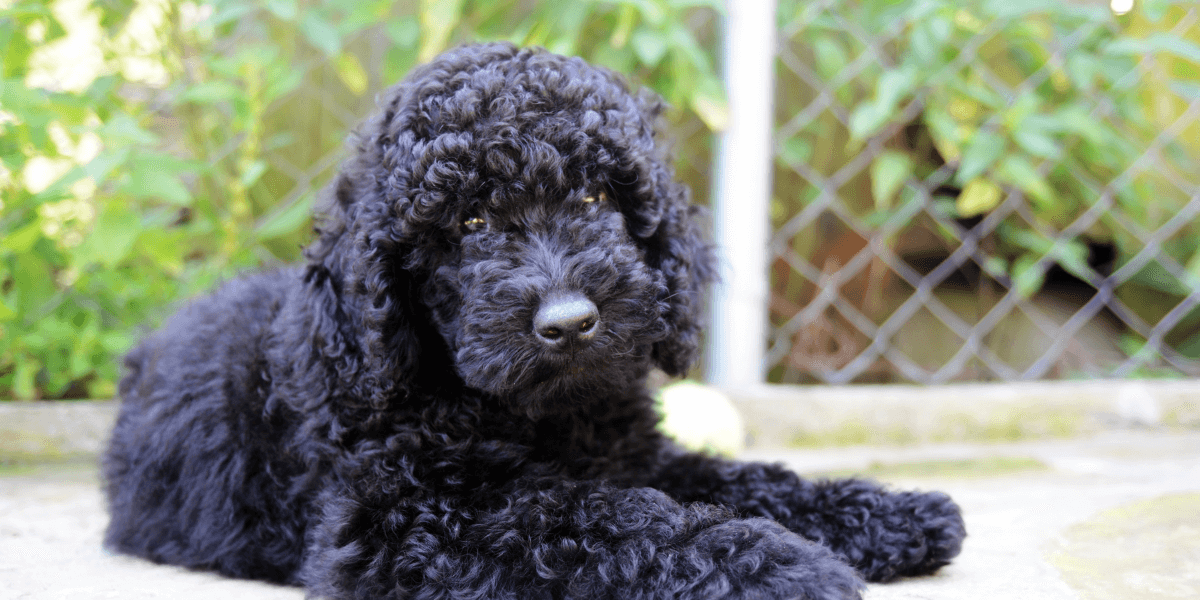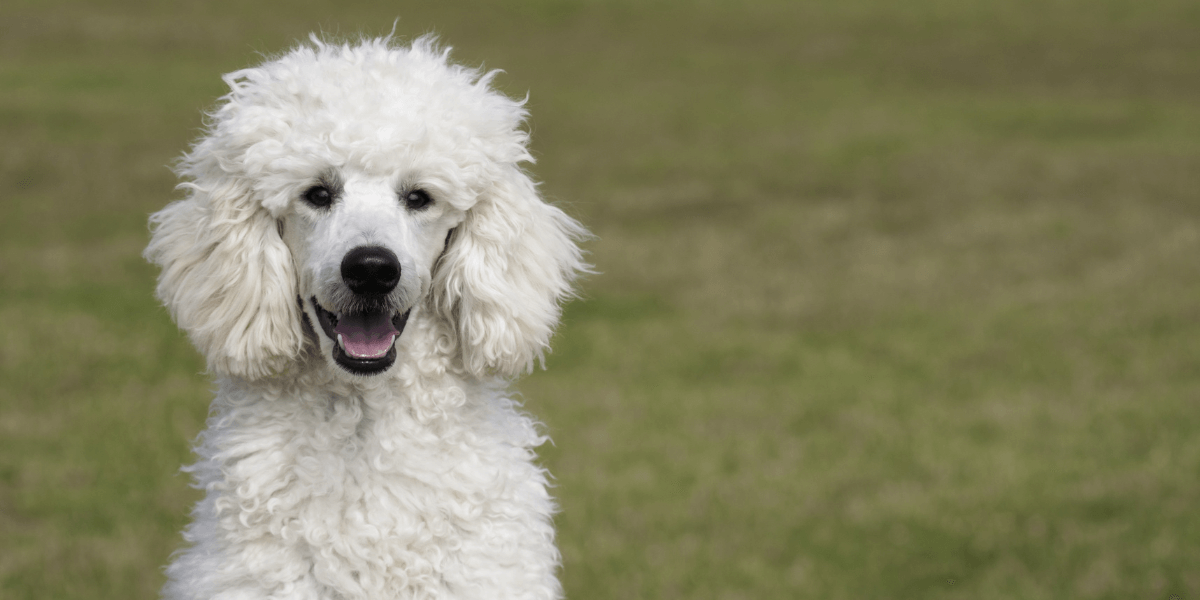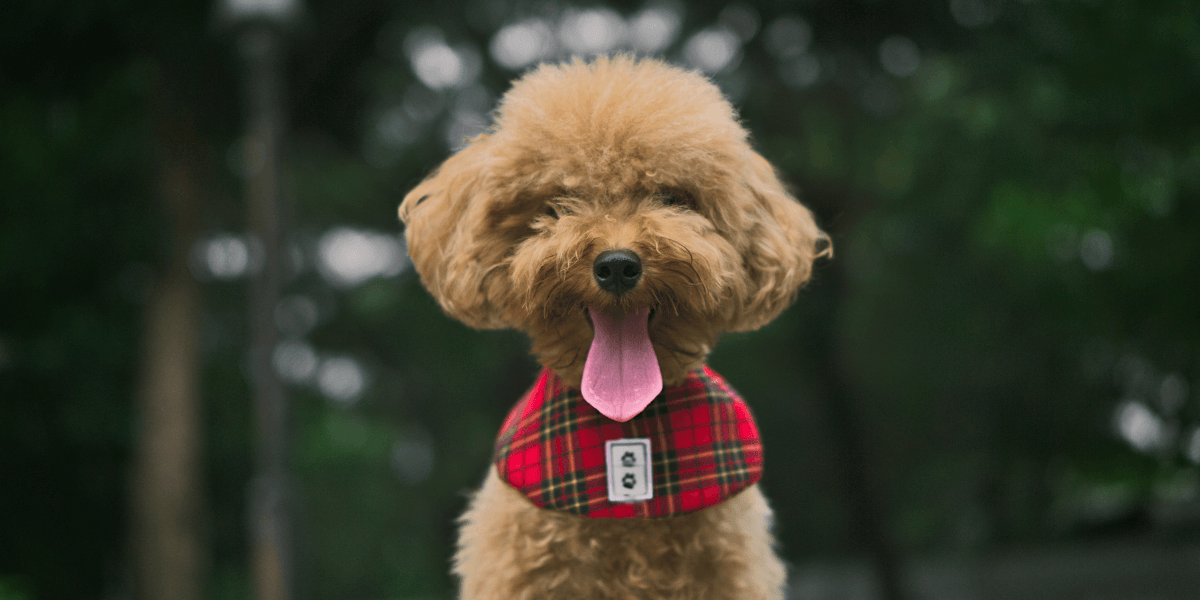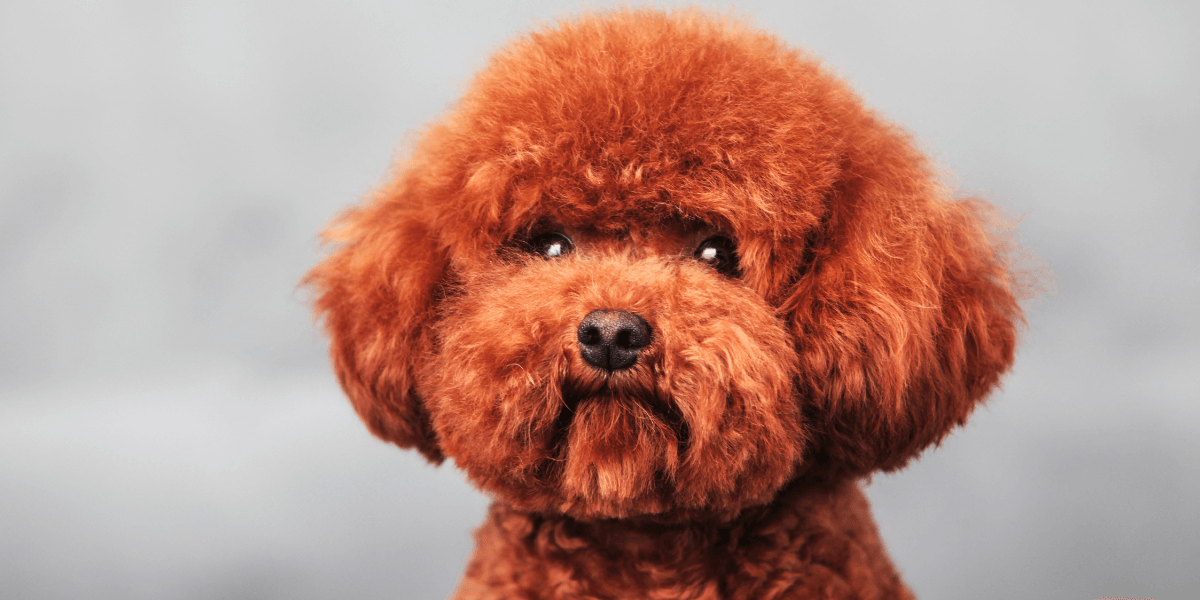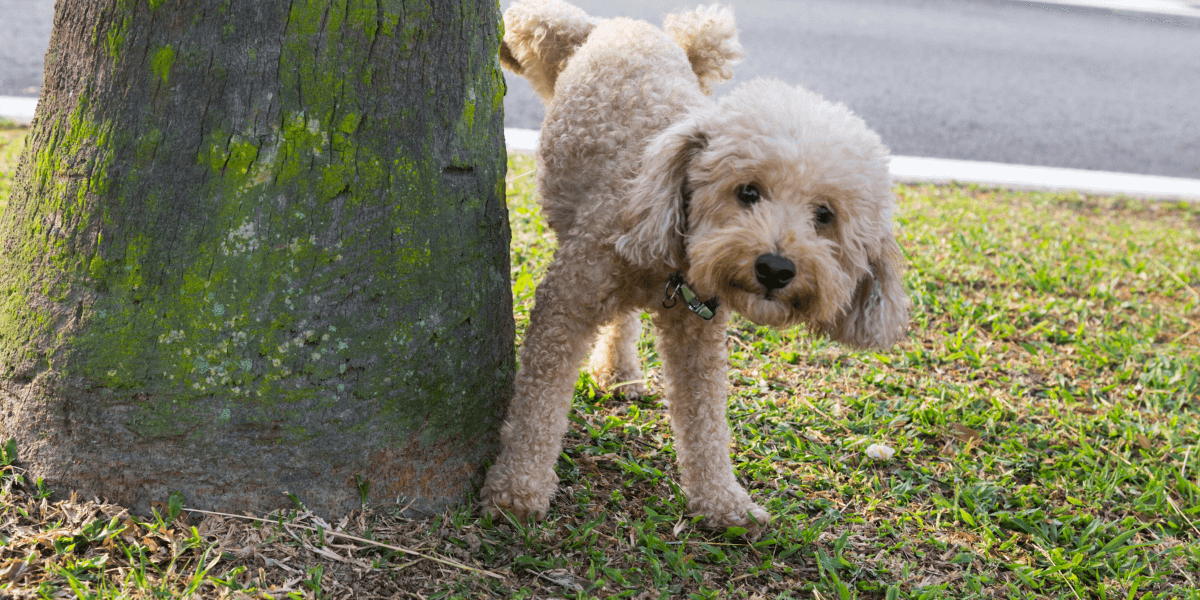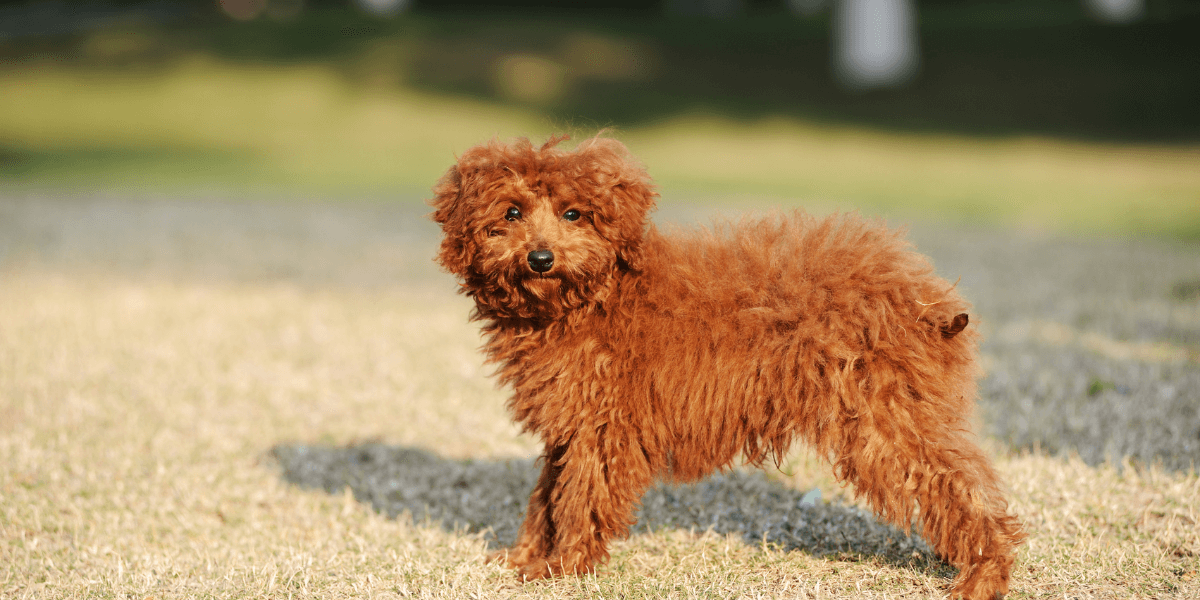Introduction
Health Concerns for Poodle breeds include common issues you can prevent with proper care
- Understanding poodle health is vital to keeping them happy and extending their lifespan
- Poodles are prone to genetic disorders, making awareness and prevention crucial
- Early detection of health issues ensures your poodle’s long-term well-being
- Balanced diet and exercise are key factors in preventing many poodle health issues
- In this guide, we'll explore the top health concerns for poodles and how to address them
1. Hip Dysplasia
This leads to discomfort, pain, and eventually arthritis if left untreated.
Prevention and Care
- Regular Exercise: Ensure your poodle gets moderate exercise to strengthen the muscles
- Balanced Diet: Maintain a healthy weight to reduce stress on the joints
- Supplements: Consider joint supplements like glucosamine and chondroitin
- Vet Check-ups: Early detection through X-rays can help manage the condition effectively
2. Progressive Retinal Atrophy (PRA)
Symptoms include night blindness and dilated pupils.
Prevention and Care
- Genetic Testing: When purchasing a puppy, ask for PRA testing results from the breeder
- Routine Eye Exams: Regular vet visits can help in early detection
- Adjust Home Environment: A safe home environment by avoiding furniture rearrangement
- Know the Symptoms: Familiarize yourself with PRA symptoms to watch for early signs
- Breeder Reputation: Choose breeders with a track record of responsible PRA testing
3. Addison’s Disease
Addison’s disease, or hypoadrenocorticism, occurs when a poodle’s adrenal glands fail.
Prevention and Care
- Know the Symptoms: Early signs include weakness, depression, and gastrointestinal issues
- Consistent Medication: Poodles typically require lifelong hormone replacement therapy
- Regular Vet Visits: Routine blood tests can help monitor and adjust hormone levels
- Emergency Plan: Have a plan for sudden health crises or adrenal crises
- Balanced Diet: Ensure a diet that supports overall health and complements treatment
4. Bloat (Gastric Dilatation-Volvulus)
Standard Poodles are particularly at risk.
Prevention and Care
- Slow Feeding: Use slow-feeder bowls to reduce gulping during meals
- Avoid Exercise: Wait at least an hour after eating before engaging in vigorous activitie
- Recognize Symptoms: A swollen abdomen, or excessive drooling, seek immediate vet care
Worried about bloat in Poodles? Explore The Best Orthopedic Beds for Great Danes to keep your pup comfy.
5. Epilepsy
Epilepsy is a neurological disorder that causes recurring seizures in poodles.
Prevention and Care
- Medication: Anti-seizure medications prescribed by your vet can manage the condition
- Stress Management: Keep your dog’s environment as stress-free as possible
- Monitor: Track the frequency and trigger to help your vet adjust treatment plans
6. Cushing’s Disease
Symptoms include increased thirst, urination, and a pot-bellied appearance.
Prevention and Care
- Regular Blood Tests: Early diagnosis through blood tests helps manage the disease
- Medication: With the right medication, symptoms can be controlled
- Monitor Your Dog’s Weight: Keeping your dog’s weight in check helps reduce stress
Learn about Poodle Cushing’s Disease and compare it with Great Danes Health Issues for better care tips.
7. Hypothyroidism
Hypothyroidism is a common condition in poodles where the thyroid gland underproduces hormones.
Prevention and Care
- Routine Blood Work: Annual thyroid tests are crucial, especially in older poodles
- Medication: Lifelong thyroid hormone replacement therapy
- Diet Management: Work with your vet to plan a balanced diet that supports overall health
8. Luxating Patella
This condition is often seen in miniature and toy poodles.
Prevention and Care
- Healthy Weight: Keeping your poodle at an ideal weight reduces stress on the joints
- Controlled Exercise: Low-impact exercises can strengthen muscles around the knee
- Surgical Options: In severe cases, surgery might be required to correct the issue
Struggling with Poodle luxating patella? Check out Hip Dysplasia in Great Danes for joint health solutions.
9. Dental Issues
Poodles are prone to dental problems like gum disease and tooth decay.
Prevention and Care
- Daily Brushing: Regular brushing with dog-specific toothpaste is key
- Dental Chews and Toys: Provide dental chews and toys designed to clean teeth
- Dental Check-Ups: Schedule annual professional cleanings to prevent tartar buildup
10. Ear Infections
Poodles, are prone to ear infections due to trapped moisture and debris.
Prevention and Care
- Regular Cleaning: Clean your poodle’s ears weekly using a vet-recommended ear cleaner
- Dry After Swimming: Always dry your dog’s ears thoroughly after a bath or swim
- Watch for Signs: If you notice excessive scratching or a foul odor, visit your vet
FAQs
1. What are common health concerns for Poodles?
- Poodles commonly encounter health challenges such as hip dysplasia, eye conditions, and allergies
2. How can I prevent Poodle health issues?
- Regular vet visits, a balanced diet, and exercise help prevent problems
3. Are Poodles prone to ear infections?
- Yes, their floppy ears trap moisture, leading to infections
4. How can I care for my Poodle's joints?
- Provide joint supplements and avoid high-impact activities
5. What’s the best diet to prevent health concerns for Poodle?
- Feed high-quality, breed-specific dog food for optimal health
6. How can I maintain my Poodle’s dental health?
- Daily brushing and dental treats help prevent dental issues
7. How do I spot early signs of Poodle health concerns?
- Watch for changes in behavior, appetite, or mobility
Conclusion
- Health Concerns for Poodle breeds can be managed with early detection and routine care
- Prioritize regular vet visits to monitor and address potential health issues promptly
- A balanced diet and exercise plan is essential to preventing common poodle conditions
- Grooming and hygiene play a vital role in keeping your poodle healthy
- Educate yourself on poodle-specific health risks for proactive prevention and care
Share them in the comments below and help fellow poodle lovers!
References
For more information on Health Concerns for Poodle, check:
- The Best Joint Supplements for Dogs with Hip and Joint Pain
- What are the best treatments for dog hip and joint pain?
- 5 Health Conditions Poodles Are At-Risk For
- 7 Poodle Health Issues: Vet-Approved Signs & Treatment
- 5 Most Common Poodle Health Issues
Thank you!

